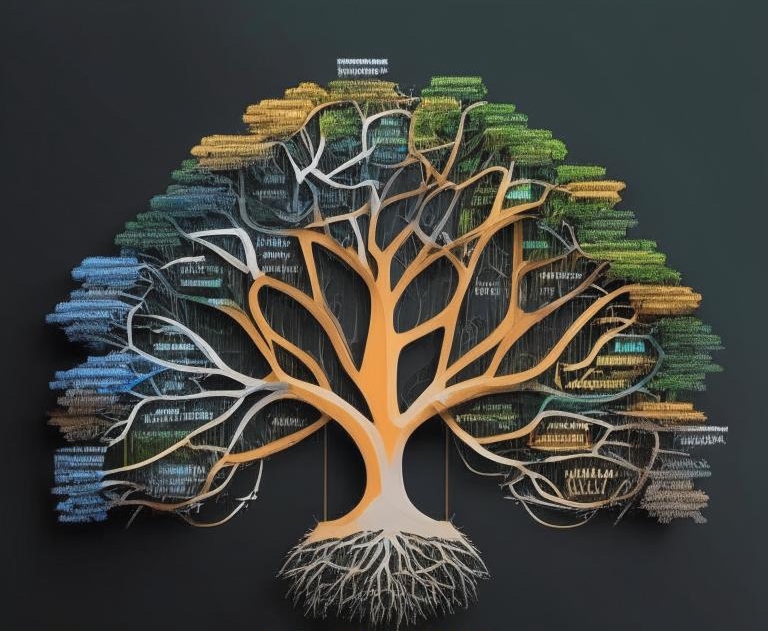Rationalism
by Benedict Spinoza and René Descartes
Rationalism asserts that the source of knowledge about the world is not the world itself but the reasoning of the knowing subject. Rationalists believe that knowledge does not come from experience but from the mind, and it can be discovered through deduction and logical reasoning.
Modern and Enlightenment rationalism drew inspiration from Plato’s theory of ideas — the supra-sensory foundations of the sensory world. This tradition was carried forward by philosophers such as René Descartes, who argued that reason allows us to grasp fundamental truths independently of our experience. Descartes’ famous phrase “Cogito, ergo sum” — “I think, therefore I am” — is a classic expression of the rationalist approach.
Classical rationalism reached its peak in the works of Benedict Spinoza and René Descartes, who claimed that through logic and reason, we can attain certain knowledge about the world.
rationalism knowledge epistemology
